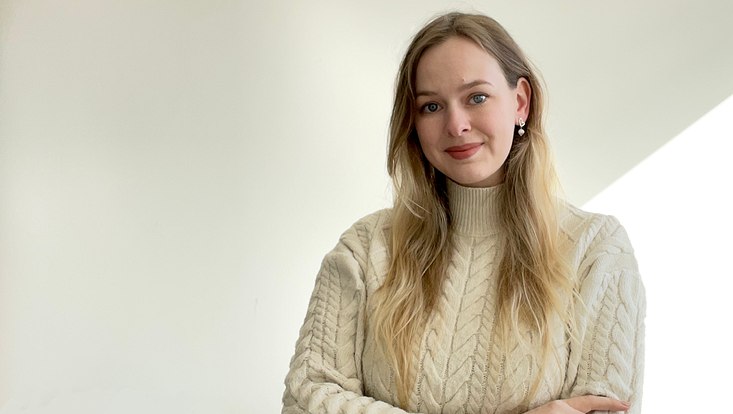Stay in the loop
You want to stay up to date about the HRA’s offerings? Follow us on LinkedIn or sign up for the HRA newsletter!
Photo: HRA
12 April 2023

Photo: Struck
In the doctoral phase, you dive deep into your own topic while in many cases already publishing diligently and gaining teaching experience. All of this is often so time-consuming that other activities become, at least at times, a minor matter for many doctoral candidates.
Since May 2022, I am part of the HRA doctoral council, advocating for the interests of doctoral candidates in Hamburg. Many doctoral students are new to the city, looking for new contacts or in need of other support. In the Doctoral Council, we collect such needs and develop cross-university offers. We offer e.g. a regulars’ table and co-working sessions, as well as peer2peer consultations. One of my tasks in the Doctoral Council is to increase visibility. I manage our Instagram account, which we use to share information about our work.
I have been involved in various fields for years because I think that if you want change, you have to take action yourself. With the Doctoral Council, for the first time I have a voluntary position that is closely related to my own situation. This makes it easier for me to identify problems and develop solutions. The work is time-consuming, but also fun. This is particularly due to the team and the diverse tasks. But also the events where we bring people into contact with each other show me that the effort is worth it.
My tip is to be clear from the outset about what you can achieve, and to communicate this openly. I find it helpful to have a clearly defined responsibility to focus on. On the subject of time management: it helps me to process the tasks in blocks. I can't do something for the Doctoral Council every day without my other tasks suffering as a result. Therefore, I do everything in one go, for example when planning an event. I also think realistically about what I can achieve, and seek support in good time.
You want to stay up to date about the HRA’s offerings? Follow us on LinkedIn or sign up for the HRA newsletter!